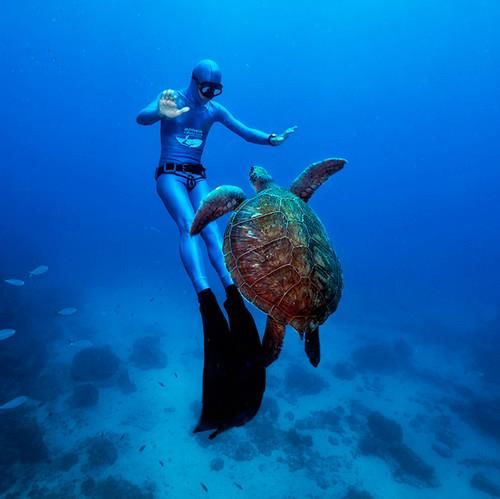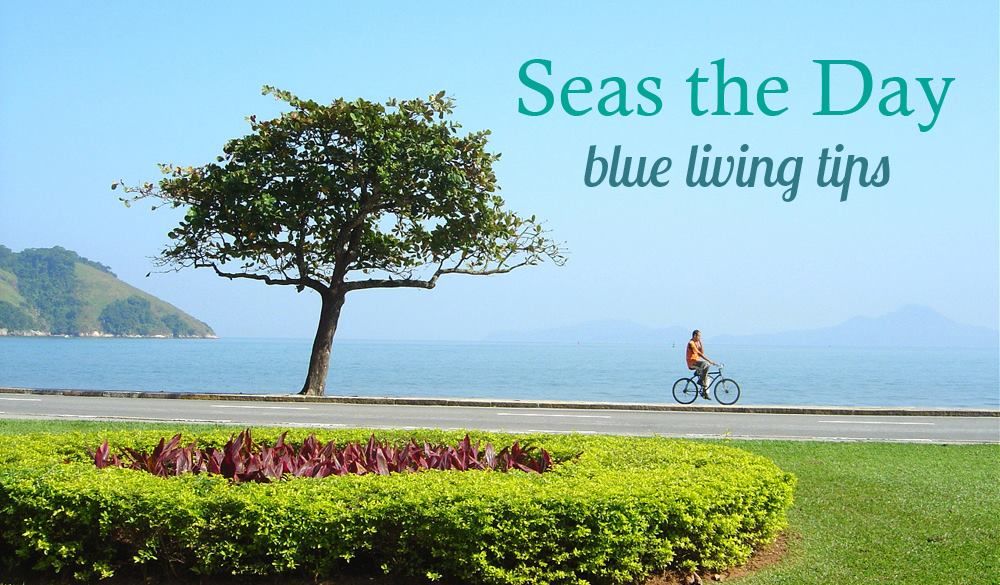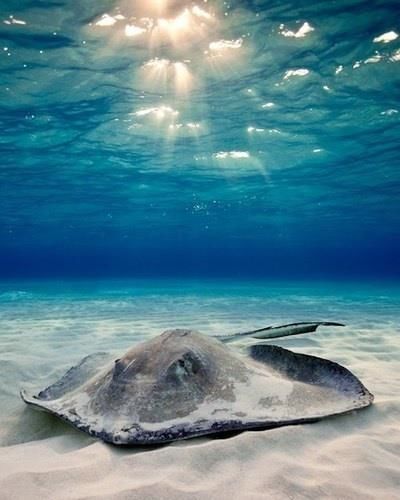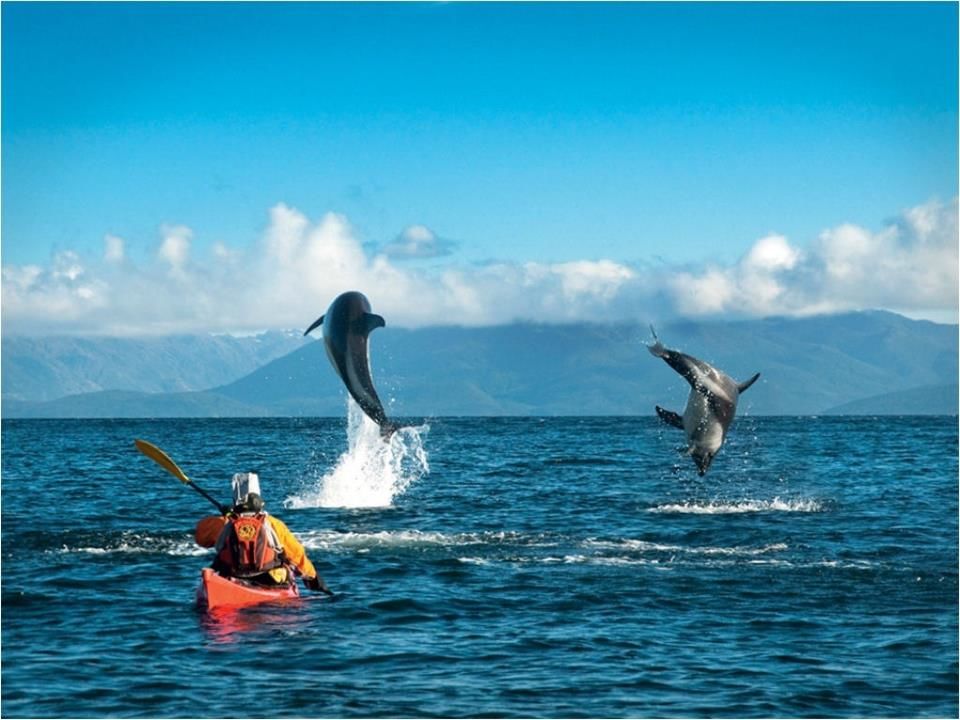A US-based non-profit organization known as ‘The Ocean Project’ has dedicated themselves to advancing ocean conservation and education which is the key to understanding the importance of their efforts and receiving the support necessary to approach and solve the issues at hand. It was formed in the late 1990’s. ‘The Ocean Project’ is not just your ordinary organization. It began with a handful of North American aquariums and amazingly grew into one of the world’s most influential networks for bringing about change through action. Today, over 1600 partner aquariums, zoos, science, technology and natural history museums (known as ZAMS), education and conservation organizations, agencies and institutions in the 50 U.S. states and further into 80 countries, impact the cause and continue to serve more than 400 million visitors each year. Those are very impressive and remarkable statistics making a difference towards conservation efforts.

‘The Ocean Project’ is comprised of a few components. World Oceans Day promotes a global opportunity to honor our oceans and raise the level of awareness about ocean conservation. This day is so critical to the ocean’s well-being that the United Nations officially recognizes it as a celebratory day on the calendar on June 8th. The other crucial component is market research. ZAMS encourage their worldwide visitors to take action as they educate them through ocean conservation education and action by way of information and activities targeting over 300 million visitors of their partner zoos, aquariums and museums. Another important element is ‘Seas The Day’ providing subscribers with daily tips and monthly themes for personal and societal action to promote the ultimate mission, ocean conservation.

The focus and dedication are constant in order to bring about positive results. Communications research is continual and is meant to influence the attitudes of the public and motivate them to make a difference. New methods and campaigns are always being introduced as a means of measuring awareness and action. In order to reach the targeted audience, it takes considerable work to build the communications and outreach capabilities to reach a widespread population. Building on relationships to foster education and bring about change are key to success. The networking never stops. Continuing to build connections to make a global difference is what it is all about. ‘The Ocean Project’ also works to provide additional services to their partner networks to help them achieve conservation missions. Celebrate World Oceans Day every day of the year and increase global awareness.
Some of the devoted supporting partners include Dr. Seuss, One World One Ocean, Maui Jim Sunglasses and the National Oceanic & Atmospheric Administration (NOAA).

Going to ‘The Ocean Project’ website, www.theoceanproject.org, gives you the ability to browse an entire database of useful information as soon as you click on ‘communications resources.’
One of the most important audiences is our youth. They have the ability to determine the fate of the future. The research of ‘The Ocean Project’ has determined that youth and minorities have the greatest potential to shift the baseline in conservation participation. Some of the youth campaigns underway include ‘Seattle Aquarium’s Youth Campaign’ and ‘One With Nature.’ Some events building awareness that have been held in the last seven months include the Coastal America Student Summit held at the National Aquarium in Baltimore, the Northwest Alliance of Zoos & Aquariums and Florida Aquarium’s Evening Tide Talks. It has been proven that the internet is the most effective way to reach youth from the ages of 12 all the way up to 25 years of age. Children under 12 years old usually have a deep love of nature so we must continue to instill environmental appreciation in them.
Building a strong network, spreading the word and strategizing methods to impact change are constant priorities. You and I can participate to gain visible and immediate results.
Follow ‘The Ocean Project’ on Twitter at https://twitter.com/TheOceanProject
Like ‘The Ocean Project’ on Facebook at https://www.facebook.com/TheOceanProject.
Linked In at http://www.linkedin.com/groups/Ocean-Project-Partners-3841410/about


